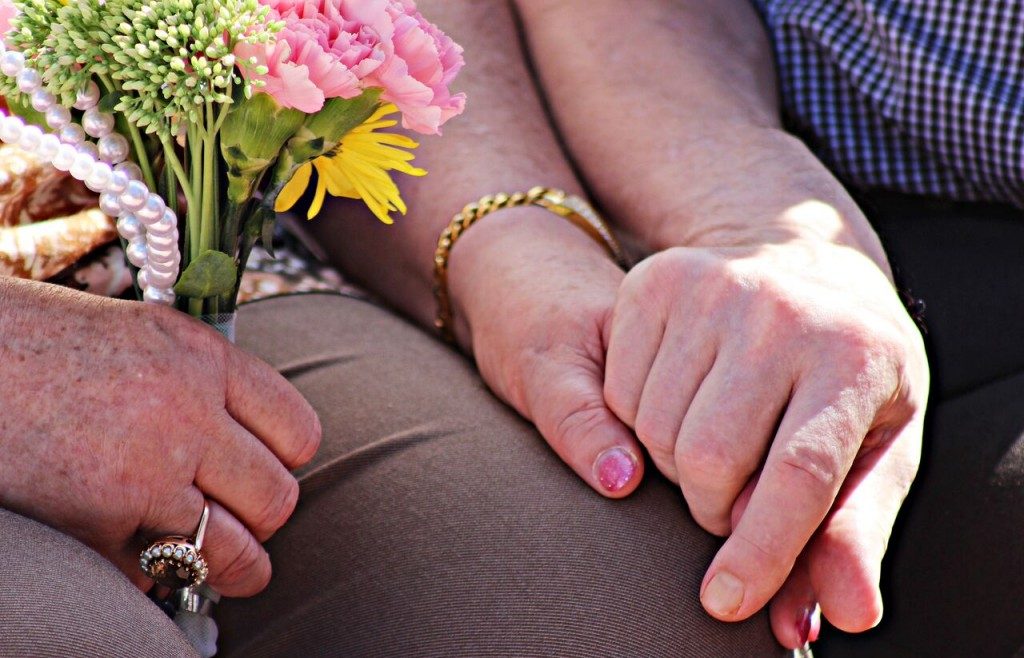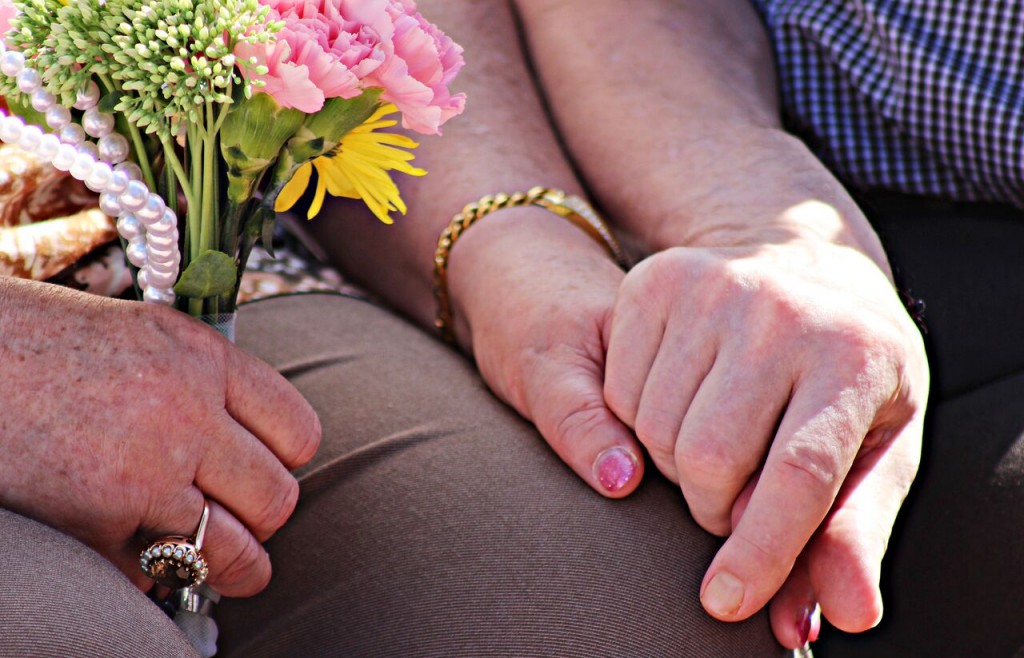
End-of-life doula certificate offered at Douglas
By Colten Kamlade, Staff reporter
It was announced this month that Douglas College would be launching an end-of-life doula program in November.
The program is meant to teach the skills needed to support a terminally ill client and their family through the difficulties of death.
“End-of-life doulas assist clients in creating and carrying out their health-care treatment decisions, as well as providing support to clients and their family and friends,” says the Douglas College webpage. The end-of-life doula’s responsibilities are varied. The doula must “facilitate communication between client, family, and other care providers” as well as “protect the client’s dignity and the family’s memory during the death experience,” states the Douglas College website.
Jennifer Mallmes, instructor with the end-of-life doula program, told TriCity News that the conversations you have to have in her profession can be difficult. “Nobody wants to talk about end of life, because nobody likes the word ‘death.’ But I can guarantee you that 100 per cent of us are going to die. There’s no getting around it, so you and your family have to be prepared,” she said to TriCity News.
Edith Kirkpatrick, co-ordinator of Douglas’ Continuing Professional Education program for health sciences, told TriCity News that the job is not for everyone. “It takes a very special person who has a genuine caring nature to see a person through to their end of life… The person is there to act as a support and not to give advice. They have to be flexible and leave their personal baggage at the door,” she said.
The program will run November 18, 25, and December 2, 9, at the Coquitlam campus. Tuition for the program is $750. There is also end-of-life care giving workshops available. These are meant for individuals who are not intending to give end-of-life care professionally. “We also have a one-day workshop that is intended for family members or friends who have been or will be called upon to provide care, support and advocacy for someone who is facing the end of their life,” states the Douglas College website.


